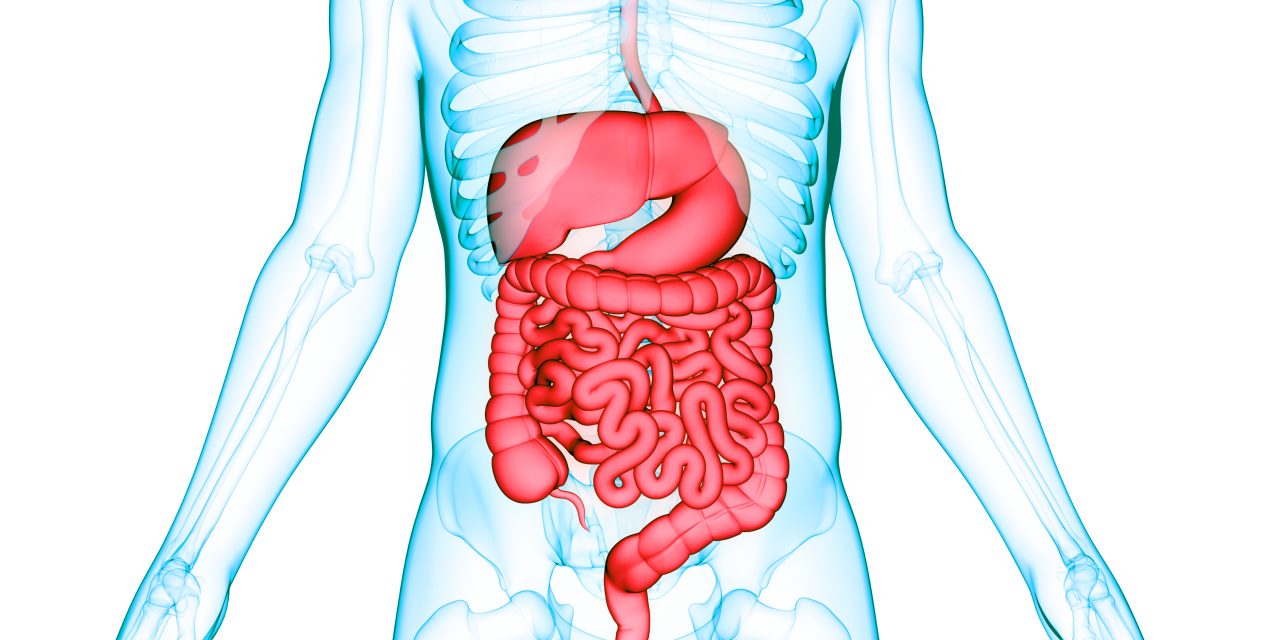In response to the COVID-19 pandemic, the United States Surgeon General advised all hospitals and ambulatory care centers to delay nonurgent medical procedures and surgeries. This recommendation, echoed by a multigastroenterology society guideline, led to the suspension of colonoscopies for colorectal cancer (CRC) screening and surveillance. Although this temporary suspension was necessary to contain COVID-19 infections, we as gastroenterologists, patient advocates, and CRC researchers have witnessed the downstream impact of COVID-19 and this recommendation on CRC screening, research, and advocacy. These effects are particularly noticeable in medically underserved communities where CRC morbidity and mortality are highest. COVID-19 related pauses in medical care, as well as shifts in resource allocation and workforce deployment, threaten decades worth of work to improve CRC disparities in medically underserved populations. In this perspective, we present the unique challenges COVID-19 poses to health equity in CRC prevention and provide potential solutions as we navigate these uncharted waters.Published by Elsevier Inc.
The impact of COVID-19 on colorectal cancer disparities and the way forward.


